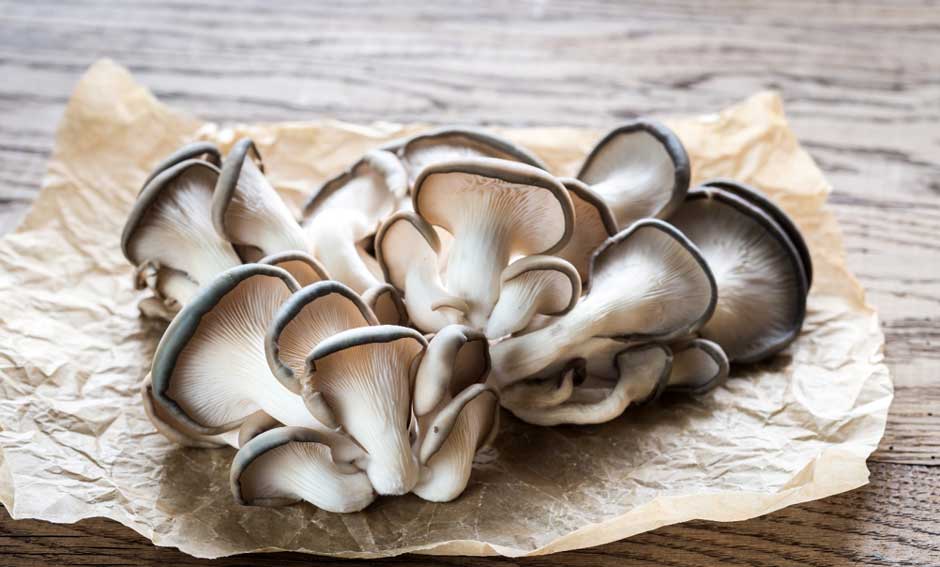For years popular media has fed us with the notion that all small businesses will eventually either be driven into the ground or subsumed into large-scale commercial operations. In many ways, that’s true. The corner grocery shop has been replaced with the supermarket. The internet is now controlled at large by a few entities. There are more examples that drive the point further to one conclusion: Monopolization is the trend of the future.
However, in a world being ruled by cutthroat executives, hostile takeovers, and IPOs, one individuals-led market segment is clawing back hallowed ground from the supermarkets. These are the farmers’ markets. Yes, the same farmers’ markets that we laughed at as an alternative for the rich amongst us to feel sanctimonious about their healthy eating habits.
An example of an independent operation that thrived during the pandemic, Lone Star Mushrooms is an outlet that sells several varieties of mushrooms such as blue oyster, lion’s mane, golden oyster, king trumpet, pink oyster, and several other tasty varieties of mushrooms (including mushroom grow kits and jerky). A humble first day in a farmer’s market helped them sell $125 worth of mushrooms, a staggering number for them at that time. Today, they produce over 1000 pounds of mushrooms per week for loyal customers all over America. This is one example of many stories that echo the same sentiment of power.
The primary reason for this change and the sudden popularization of farmers’ markets is the fact that people are much more conscious of what they put in their bodies now. Combine that with the sweet realization that you’re helping real people put food on the table by engaging with farmers’ markets and we have a revolution on our hands. The people have refused to fill the coffers of the nameless, faceless corporate overlords of supermarkets and have decided to do their weekly grocery shopping at farmers’ markets now. It is a thesis that has humanism at its very core. Relationships are built on these floors and memories are forever cherished.
Once you start to visit a farmers’ market, there really is no going back to the silicon fumes of the supermarket with its shelves neatly stacked in a manner that is uncomfortably reminiscent of Orwell’s 1984. Getting up fresh at 8 AM Saturday with the gentle morning sun rays softly kissing your face and driving to the nearest farmer’s market is slowly becoming a tradition in many households. The entire experience is something your therapist would describe as ‘rewarding’. You take from the earth, and you give back directly to the people who nurture that very earth. The whole concept seems almost Buddhist in its senses.
As previously mentioned, this paradigm shift seems to be part of a broader movement of greater diet consciousness in people in general today. Food items with labels that say: ‘No Preservatives’ are only getting more popular by the minute. The global organic food industry is expected to grow from $227 billion in 2021 to $259 billion in 2022. By 2026, this market is expected to grow to half a trillion dollars. This trend can be explained not just by sheer consumerist desire but also by the fact that habits like smoking have taken a nosedive in recent years. In 2005, over 20% of Americans used to smoke cigarettes, a number that declined to 12.5% in 2020. The advent of electronic cigarettes, a supposedly healthier alternative (addictive regardless) has been the main contributing reason for this great decline.
In many ways, COVID-19 was a reality check for a high-flying world economy as well as for the average human being. The true fragility of our immune system was laid bare when this destructive virus tore through the global fabric, the ramifications of which we will be feeling for years to come if not decades. Supply chains have been disrupted, and prices have skyrocketed with no relief in sight, but the one by-product of this chaos is the global realization that we must keep our health in check. It’s a crass reminder of our mortality. Just as a baby runs off to its mother when its infantile world is under duress, humans have run back to mother nature to find the answers to this crisis of existence. Research has shown that people are experimenting with all sorts of plant-based food items, spotting a surge during the pandemic with a high retention rate after the first try.
The supply gaps that we have become all too familiar with during the pandemic were in fact mitigated by independent farmers who could still grow their produce without much hassle. The interconnected world that we live in was put on pause for nearly 2 years which gave a chance to local farmers to fill that gap. Capitalizing on this opportunity, farmers started to offer home deliveries to increase the convenience of the situation. In places where global corporate structures had broken down, the fractal and anti-fragile nature of local economies came to the rescue.
The environmental movement has been extremely effective in providing perspective to people about the things that they can do in order to maximize humanity’s chances of survival. Large corporations have the greatest share in global warming that is wreaking havoc on the earth. Rebelling from the cycle of their prepackaged goods weakens them and strengthens the fighting chance that the earth itself has.
In a dystopian world rife with needless commercialization, an unlikely hero donning a flat cap emerges, equipped with a shovel. People are rejecting the idea of the monopolistic organization and switching back to independent producers and sellers. These people aren’t your typical Silicon Valley entrepreneurs selling pipe dreams of an IPO to potential investors. These are independent business owners upon whose backs America was built. Behind the brand are humans who’d open their homes to you for dinner just because they liked your smile.

